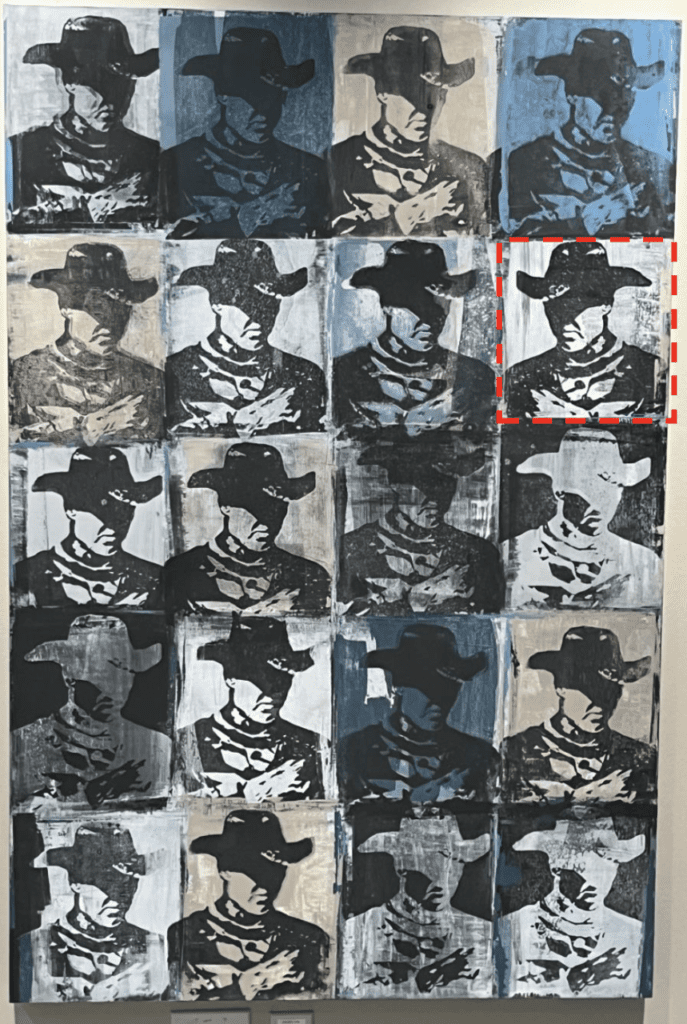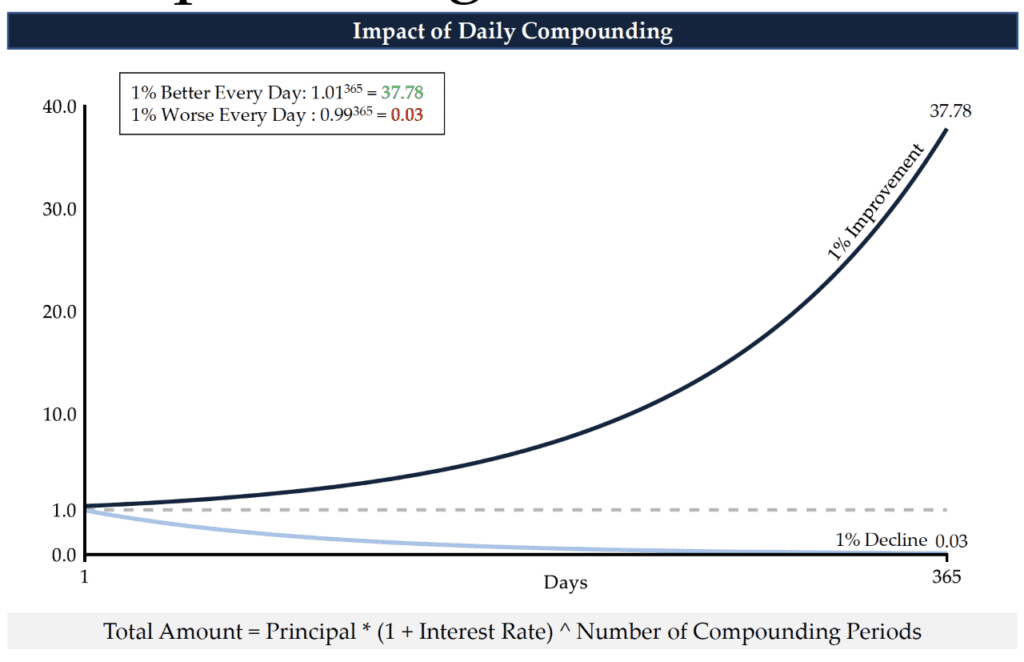“There’s No Secret to Success, but There is a Formula.”
Great Leaders Develop Discipline to Continuously Learn & Improve
The speaker for the final session of the 2022 DFW Leadership Series was Drew Johnson, the co-founder and managing partner of Gauge Capital in Southlake. The Series, sponsored by the Colleyville Stake of The Church of Jesus Christ of Latter-day Saints, hosts monthly events with insights from local business and government leaders. Johnson spoke about his 25 years in private equity and the leadership lessons he’s learned working with management teams across America.
Johnson’s firm invests primarily in healthcare, technology, and consumer verticals; they listen to roughly 4,000 pitches and select just five companies to invest in each year. They currently have investments in 20 companies with 14,000 employees, representing $2.5 billion in assets.
Johnson, a member of The Church of Jesus Christ of Latter-day Saints, spends much of his time working with CEOs and says there is no secret to success, but the formula he recommends can be summed up in three maxims:
- “Heed not;” get good at saying no.
- Learn from, don’t rationalize mistakes.
- Embrace the power of compounding.
Keep the Main Thing the Main Thing
A scripture story illustrates the importance of keeping a steadfast focus on priorities. In the metaphor, travelers move toward a beautiful tree representing happiness and eternal life, but many become distracted by the alternative paths and scornful observers who entice them away from their goal. In the end, those who reached the tree to partake of the fruit “heeded not” the diversions around them and stayed the course. Johnson encouraged attendees to determine one thing they are doing or thinking that is inconsistent with their “main thing” and stop doing it.
Just Say No
Johnson believes “learning to say ‘no’ is highly correlated with professional and spiritual success.” He says each decision we encounter brings us closer or farther from reaching our goals. Good leaders learn to reject options that move them away from their priorities. He says of the roughly 50,000 pitches he has received during 15 years with Gauge Capital, he has said no 99.8% of the time and suggests that the firm’s success is “a function of saying no frequently, with discipline and clarity.” He encouraged listeners to learn to say no quickly and says there is a certain relief and liberation in developing the discipline to say no. Luckily, says Johnson, once you develop the habit it gets easier.

When Johnson interviews potential hires, he asks them to relate a time when they had the courage to say no against the crowd. He values independent thinkers and strives to foster that culture within his organization. At Gauge, they regularly ask the most junior associates to share ratings and ideas first, so they aren’t swayed by more senior partners. They are not interested in hiring crowd followers or groupthinkers.
Filling the Void
Johnson says when we don’t set priorities and develop the discipline to manage our time, “the algorithm” will serve up something to fill it. Great leaders regularly assess the voices, emotions, entertainment, ideas, and information they take in and regularly ask themselves if their intake habits are moving them toward their goals. He says it’s a skill everyone can develop; “strategy is the art of sacrifice.”
Don’t Make it Worse
Over the years, Johnson has learned that while mistakes are unavoidable, they can be our teacher. He cautions against rationalizing to avoid blame or worse, creating a false narrative. One of the most provocative books he’s read in the past ten years is Mistakes Were Made (But Not by Me), by social psychologists Carol Tavris and Elliot Aronson. Johnson says we have a tendency toward self-preservation; our brains are wired to trick us into rationalizing.
He says there is power in owning up to our mistakes and learning to move on. A close cousin to the false narrative is the ever popular “my truth” that traps people into buying into pseudo philosophical self-justification. “Truth isn’t yours or mine; it isn’t owned or possessed. It is independent of us,” says Johnson. Of the 50,000 or so pitches he’s heard over the past 15 years, every leadership team believed they had a winning business plan–about three percent of them were right.
Time is On Your Side
“By small and simple things are great things brought to pass,” says the Book of Mormon prophet, Alma. Johnson encouraged listeners to embrace the power of patient compounding and delayed gratification. “Too many people overweigh the present,” he says. Time gives us power to heal, grow, change, and learn if we use it wisely. Trajectory matters more than IQ or even hard work; willingness to get 1% better every day compounded daily grows 37x over a year! (See chart.)
Johnson says one thing great leaders have in common is they are voracious readers. He encouraged listeners to commit to continuous learning because it gives them immunity from circumstances beyond their control. “Being good at anything worthwhile takes time–invest in yourself daily and be patient. The rewards will come,” he says.
The DFW Leadership Series will return with a new schedule in February 2024. You can follow the Series on Facebook here, or sign up to receive email updates here.








